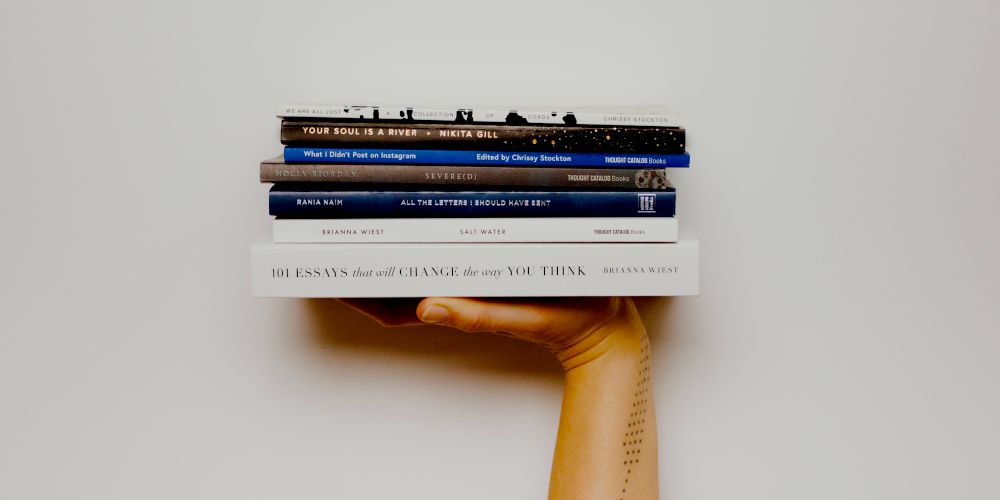Print books have been around for a long time. The earliest print book currently on display in The British Library is the Diamond Sutra—first printed in the year 868—but print books go back even further. My point is, books have a heritage.
Ebooks are the new kids on the block, especially when it comes to bespoke e-readers like Amazon's Kindle line of devices.
But which one should you pick? At this point in time, should you stick with print books or convert to ebooks? It turns out that this is a tougher question to break down than you might think.
Here's the ultimate comparison showdown of print books versus ebooks for readers in the modern age.
Print Books vs. Ebooks: Portability
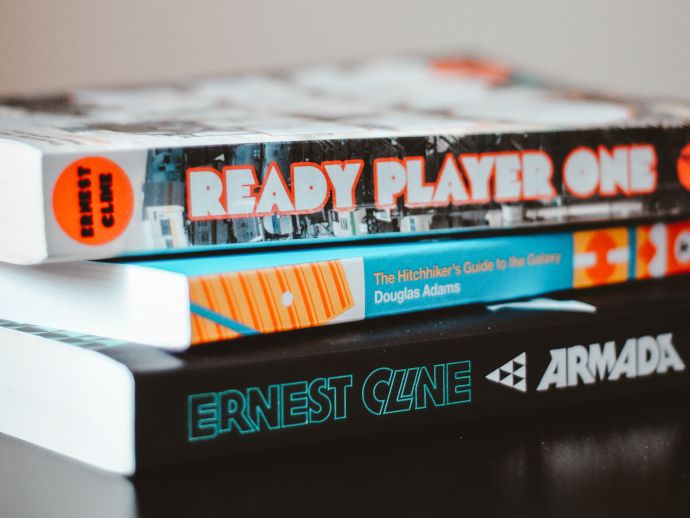
The print book was the original portable media. You could take them anywhere with you and pull one out to read whenever you had the time to do so.
The only problem is... if you want to carry more than one print book, they can start to get heavy pretty quickly.
Ebooks can go anywhere printed books can—and you can carry as many of them as your device's storage will hold. Even on an older e-reader, this means you can carry more ebooks than you're likely able to read no matter where you're headed.
You're also not limited to reading ebooks on a dedicated e-reader device. Your mobile phone, which you already have with you all the time, also works perfectly as an e-reader in a pinch.
Winner: Ebooks
Print Books vs. Ebooks: Cost

Ebooks should be cheaper than they are.
Yes, we know that the publishing process involves more than just printing books. There's the entire editing workflow, typesetting, cover art, etc. All of that has to be done by people, and those people need to be paid for their work.
But none of that explains why ebooks, especially Kindle books, are often priced higher than mass market paperback print books.
Cheap paperback books alone would be enough to win this category for print books over ebooks, but there's another point in favor of them: used books.
Sure, you can get nice discounts on ebooks, but you can often get better discounts on used print books—and sometimes you can even get them for free from someone looking to clear clutter.
Winner: Print books
Print Books vs. Ebooks: Readability
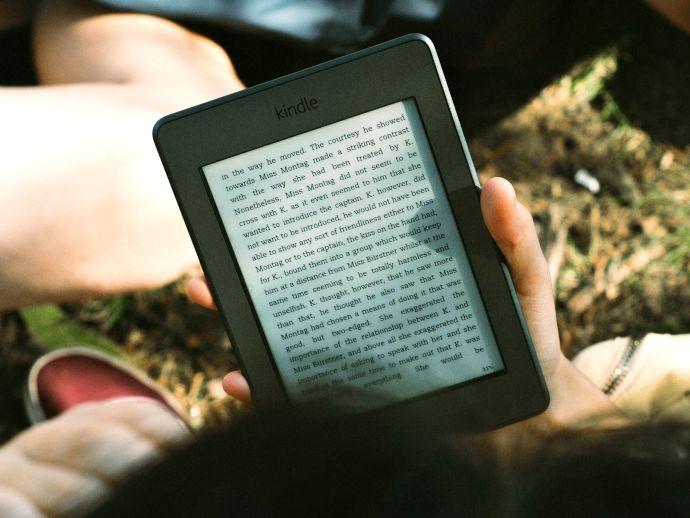
Ebooks and e-readers have come a long way in terms of readability. Fonts are better than ever, and being able to adjust font size, line spacing, and margins (among many other options) lets you tailor the reading experience to your preferences.
But at the end of the day, you're still reading on a device screen. And even with a Kindle Paperwhite or other high-quality e-reader, you'll still have some amount of glare.
Print books remain much easier on the eyes—and as long as you've got proper lighting, you're less likely to get eye strain from reading a print book than you are from reading an ebook.
I'm giving this one to print books, but it's a close call. A high-quality e-reader device that has an E Ink display can get you pretty close to the paper experience these days.
Winner: Print books
Print Books vs. Ebooks: Power Source
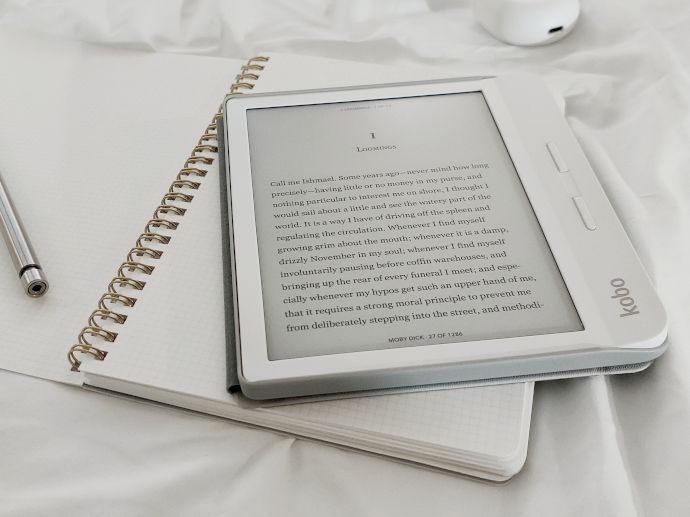
You might think this one is an easy one—print books may seem like the obvious winner because they don't need power—but it's not as simple as you may think at first.
It's true that a print book can never run out of batteries. But what happens when your power goes out and it's dark? That print book is as good as a dead Nook e-reader.
You could still read using an LED lantern or a headlamp, but these require even more battery power than an e-reader does.
Most e-reader devices have built-in LED backlighting. Some models even have adjustable brightness settings, which lets you comfortably read in dim light or mid-day sunshine.
If you're only reading in the daytime, print books are fine. But if you often read in sub-optimal lighting, the subtle glow of a high-quality e-reader display can be distinctly comfortable in all circumstances.
And while most e-reader devices can last several weeks on a single charge, they still need to be charged.
Winner: Tie
Print Books vs. Ebooks: Searchability
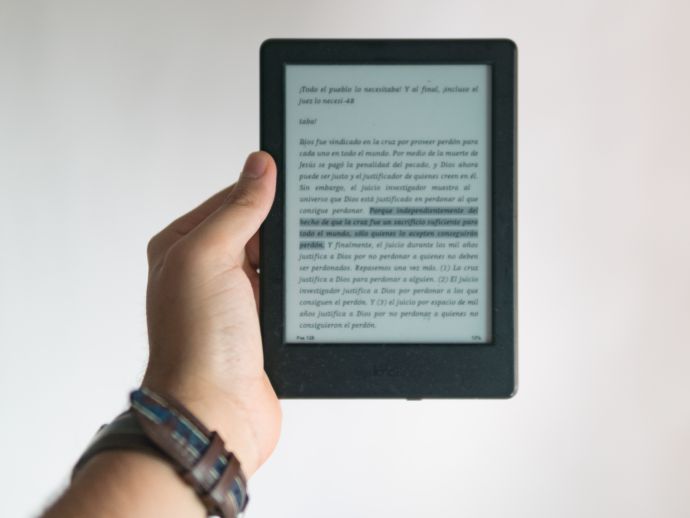
Say you're looking to recall a particularly choice quote from one of your favorite authors.
You can skim through a print book's pages much faster than you can on an e-reader, which works great when you're not entirely sure what you're looking for and you need to find it.
But if you have something specific in mind, most e-readers have the ability to search text (just as you would in a text document or web browser) and take you to it right away.
For books with hundreds or thousands of pages, the ability to search ends up being extremely useful.
That advantage in skimming speed for print books disappears once you can simply search for the exact text you're looking for without having to manually scan page after page.
Winner: Ebooks
Print Books vs. Ebooks: It's Your Choice

I could have included many more categories for comparison. But at the end of the day, we all have different preferences when it comes to our reading experiences.
Nothing beats the feeling of a print book in your hands, tangibly turning the pages and getting whiffs of the paper's scent.
Nothing beats the convenience and availability that ebooks offer, especially when you want to carry your entire library with you everywhere you go.
The best part is that nobody says you have to pick one over the other. Some books may be better in print form and some may be better as an ebook. Just go with what works for you!
